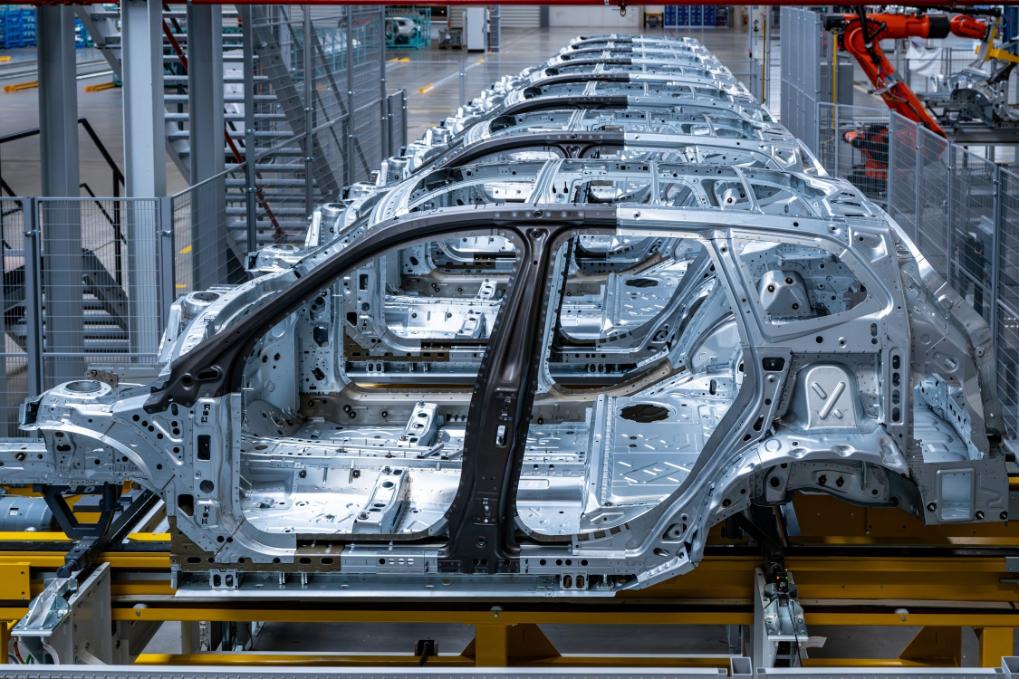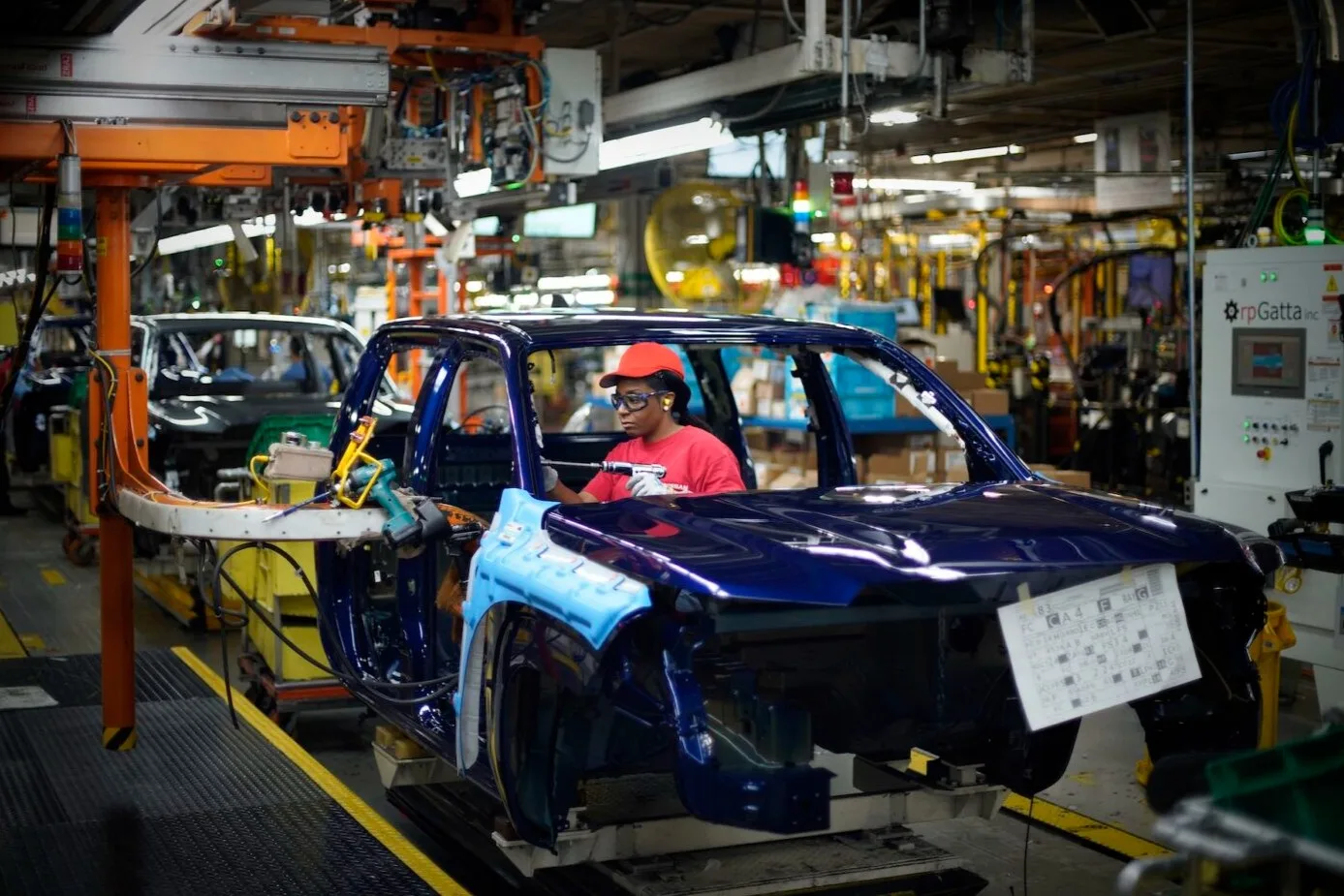The U.S. administration is considering temporary exemptions to its recently imposed tariffs on imported vehicles, as mounting pressure from automakers prompts a reassessment of the policy’s broader impact on domestic manufacturing.
The 25% tariff on imported passenger cars and light commercial vehicles, introduced in early April, is set to be followed by additional duties on auto parts next month.
See also: Global EV Sales Rise 29% in Q1 2025 Amid Tariffs and Shifting Subsidies

While certain vehicles from Mexico and Canada are already exempt under existing North American trade agreements, officials are now reviewing further exemptions that could provide short-term relief to other manufacturers operating in the U.S.
The potential easing comes as automakers warn that the tariffs are increasing costs and threatening to disrupt production lines that rely heavily on international supply chains.
See also: Volvo Cars Plans U.S. Production Expansion to Offset Tariffs

Industry sources suggest that delays in sourcing parts and assembling vehicles could affect output and pricing in the months ahead.
The move reflects a broader pattern in U.S. trade policy, where initial tariff measures are often followed by partial reversals or temporary suspensions.
Over the weekend, the administration exempted consumer electronics such as smartphones and laptops from an earlier round of tariffs on Chinese imports, aiming to avoid economic disruption.
See also: Analysts See Limited Impact on Chinese Carmakers from New U.S. Tariffs

Additionally, a separate 90-day suspension of broader, non-sector-specific tariffs on dozens of countries was announced last week, with rates lowered to 10% to allow space for ongoing negotiations. The same approach may now be applied to the auto sector, though no final decision has been made and details remain limited.
Source: Bloomberg
